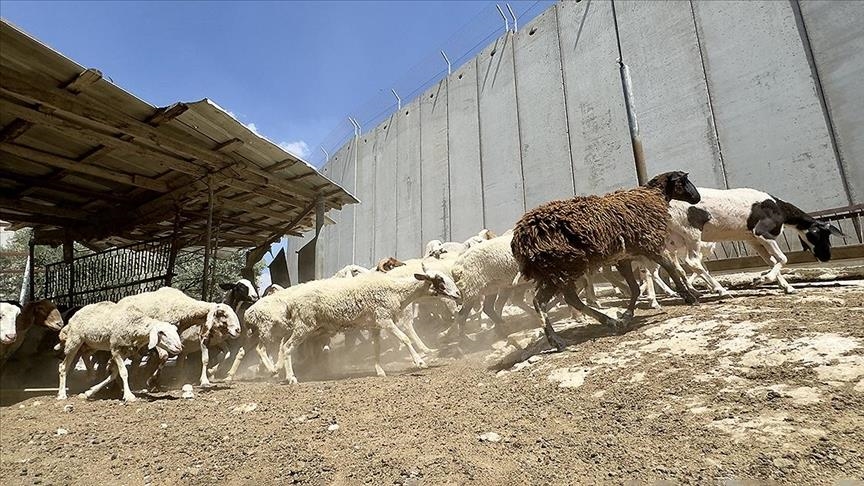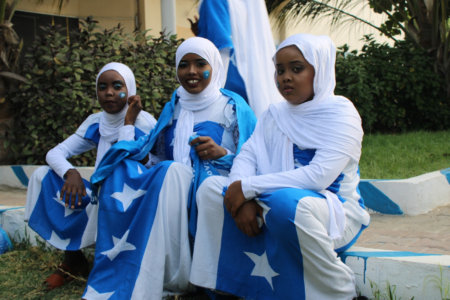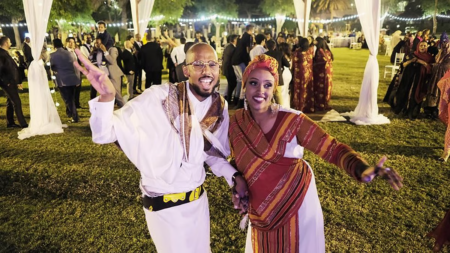In Somalia, as in many Muslim-majority nations, slaughtering sacrificial animals during Eid al-Adha is a core Islamic ritual deeply rooted in faith and tradition.
Performed right after the Eid prayer, this act symbolizes obedience to God and the spirit of generosity. Depending on resources and location, Somalis perform Qurbani (sacrifice) in various ways.
Here’s a guide to the most common places where sacrificial animals are slaughtered across Somalia.

1. Private Homes and Courtyards
Many Somali families who can afford to purchase their own sacrificial animals prefer to perform the slaughter at home or in nearby private yards.
Often, the head of the household or a trusted butcher performs the slaughter, following Islamic rules for humane and halal practices.
This method strengthens family ties and neighborhood connections.
Especially as meat is shared with relatives, friends, and the needy.
It is the most personal and traditional way to observe Eid in Somalia.
2. Municipal Slaughterhouses and Abattoirs
In urban areas such as Mogadishu, Hargeisa, and Bosaso, municipal slaughterhouses may be available and offer supervised services that meet religious and public health standards.
These facilities ensure hygienic processing and proper handling of meat, which is important for those concerned with cleanliness and compliance.
Municipal abattoirs are especially useful for large families or communities pooling resources to fulfill their Qurbani obligations.
3. Charity-Managed Sacrificial Animals Slaughtering Centers
Local and international humanitarian organizations play a crucial role in supporting underprivileged communities during Eid al-Adha.
These charities organize centralized slaughtering points, particularly in disadvantaged urban neighborhoods and rural villages, where donated livestock is sacrificed and meat is distributed to those in need.
Well-known organizations operate in cities like Mogadishu, Kismayo, and Baidoa during Eid, ensuring wide-reaching meat distribution and religious compliance.
Those organizations include Qatar Red Crescent, Emirates Red Crescent, Turkish Red Crescent, and Somali-based NGOs
4. Livestock Markets and Nearby Slaughter Points
Somalia’s bustling livestock markets—especially Bakara Market in Mogadishu—see a surge of activity during Eid al-Adha.
While these markets are primarily for purchasing animals, temporary slaughtering zones are often set up nearby to provide immediate slaughter services by professional butchers.
This option provides convenience for families who want to buy and sacrifice in the same location, particularly when time is tight on Eid morning.
5. Rural Areas and Pastoralist Communities
In Somalia’s rural and nomadic regions, livestock farming is a way of life.
Families typically slaughter animals on their farms or in open spaces near their homes, often in line with seasonal migration and traditional customs.
The meat is shared generously with neighbors and the local poor, maintaining the community-focused spirit of Eid.
Sacrificial Animals Slaughter: Challenges and the Role of Solidarity
Livestock is abundant in Somalia but economic hardship, drought, and conflict have made it difficult for many families to afford sacrificial animals.
This has amplified the importance of charitable Qurbani programs that provide not only meat but also a sense of dignity and inclusion during the holiday.
Eid al-Adha in Somalia is not just about ritual—it’s about community, compassion, and shared blessings. From private homes to charity-run slaughter centers, every sacrifice contributes to a greater sense of unity and spiritual fulfillment across the nation.










